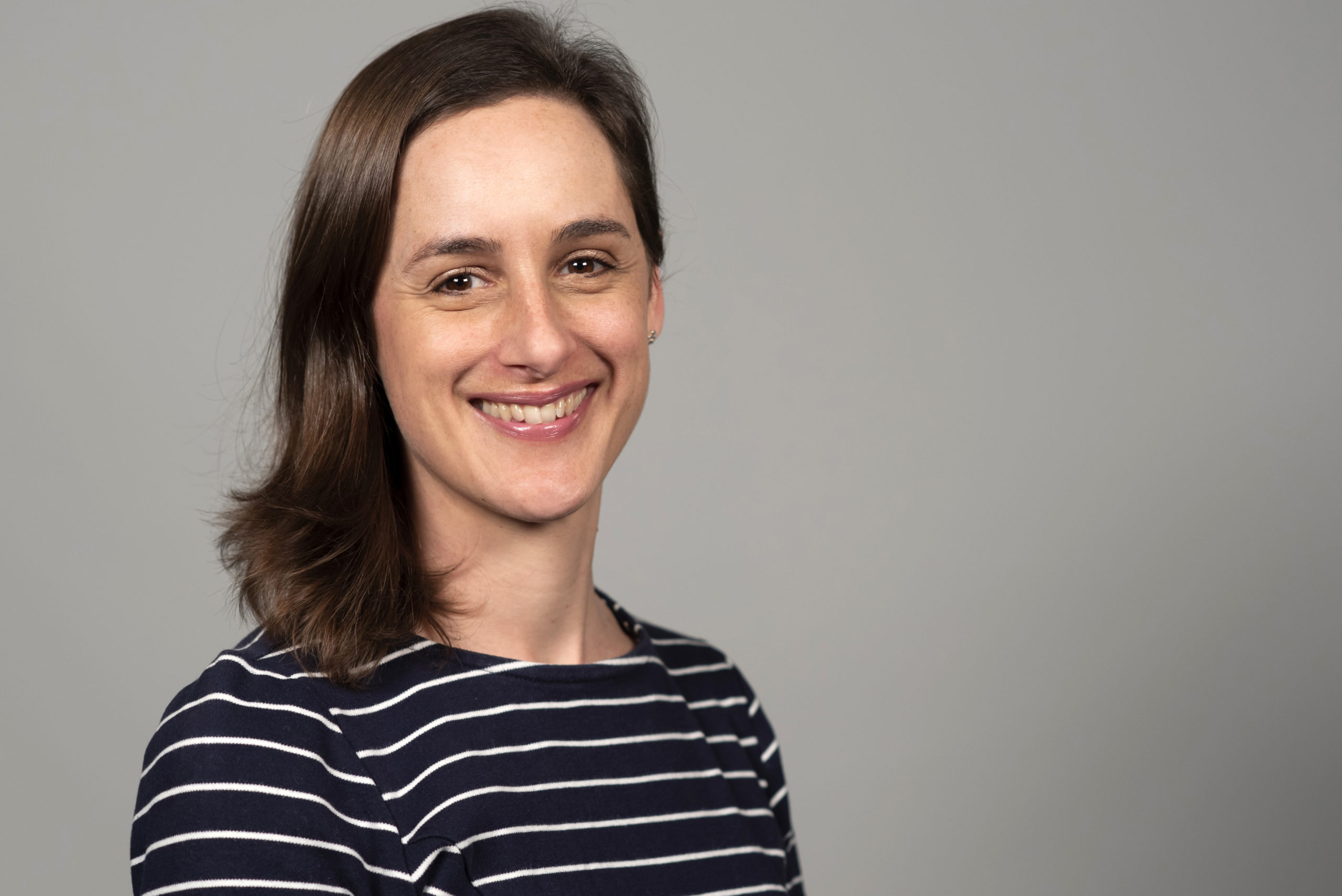CLTS aims at total sanitation. For that it has to be inclusive. There are ethical reasons for this, but the bottom line is that while any open defecation continues, all are affected. This issue of Frontiers of CLTS focuses on people with disabilities and particular needs for access to sanitation. People affected tend not to be present at triggering, to lack voice in the community, to have their needs overlooked, and may even be hidden by their families. This issue outlines the reality of the experiences of disabled people, the varied nature of their needs and how they can be met. It includes practical recommendations for people engaged in CLTS to make the different phases and processes of CLTS more inclusive.
On Thursday 30th October, the Hub together with authors Hazel Jones (WEDC) and Jane Wilbur (WaterAid) hosted a webinar on this topic. You can download their presentation slides here.








